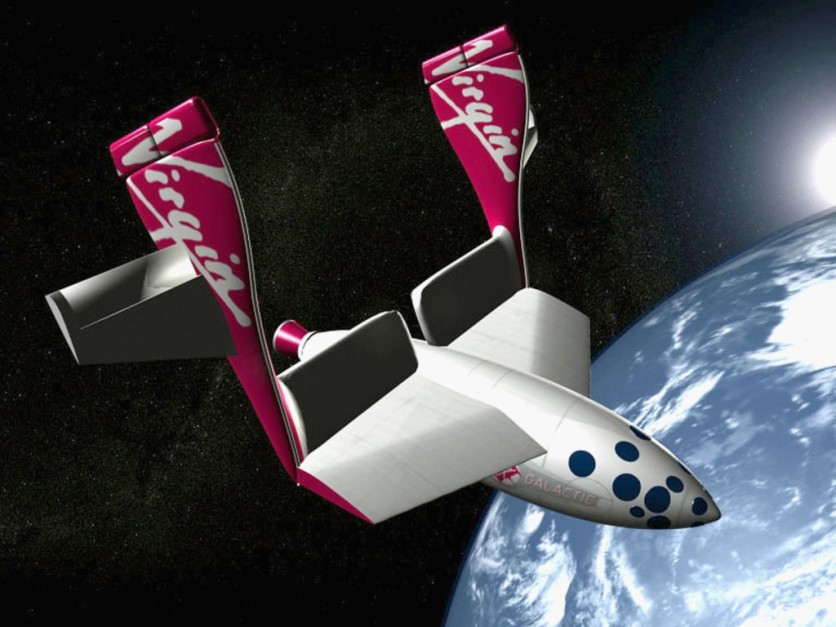Virgin Orbit has confirmed that the launch failure of its first UK mission was caused by a fuel filter that was dislodged from its normal position, according to Engadget.

The investigation is being led by United Launch Alliance which is being overseen by the US FAA, UK Air Accidents Investigation branch and other authorities.
Virgin Galactic's 'Start Me Up' initiative was a successful launch from Spaceport Cornwall on the 9th of January. All stages of the launch, from ignition of the LauncherOne rocket, to the separation of its first stage, the second stage ignition and the deployment of its fairings, were a success. This was the first ever orbital launch from western Europe, a historic milestone.
This costly incident illustrates the complexity of space missions. The $100 filter, which had dislodged from its place in the fuel feedline, caused a downstream pump to become deprived of fuel, leading it to overheat. Subsequently, the components in the vicinity of the pump failed, resulting in the mission's abrupt end, with the second stage and its payloads making an unplanned return to Earth in the designated safety area in the Atlantic Ocean.
Virgin Orbit stated that despite the unsuccessful launch, all earlier flights had been successful, sending 33 payloads to their designated orbits. This was the first orbital launch in the UK and the setback was used to gain more knowledge and experience.
The firm is designing a system to simulate the environment of the flight to identify what caused the malfunction. Tests are currently being conducted to support the research and create accurate results. Every possible factor that may have caused the mishap will be carefully evaluated before the next LauncherOne mission is launched.
Also read: UK's Virgin Orbit Gears up for 'Start Me Up' First Launch Mission
The Future of Space Travel
Space travel is a complex endeavor, and the Start Me Up initiative has highlighted this. Despite its failure, Virgin Orbit will use the lessons learned to improve future launches. The company plans on introducing new technologies to their rockets that could potentially reduce risks associated with space missions in order to make them safer for both passengers and payloads alike.
In addition, they are also working on improving their launch pad infrastructure at Spaceport Cornwall so as to ensure smoother operations during liftoffs. This includes upgrading fuel systems and other components of the rocket system which may have been affected by external factors such as weather or vibrations from nearby aircraft traffic during takeoff phases of flight tests conducted prior to actual orbital launches.
Virgin Galactic's commitment towards innovation does not end here; they are currently developing an autonomous spacecraft which would be capable of flying itself without any human intervention - something unheard-of until now! With all these advancements being made in aerospace technology today, it won't be long before we can witness more successful orbital flights taking place around us every day!
Related article: Virgin Orbit Launches Seven Cubesats | First Mission After Recent Merger

ⓒ 2026 TECHTIMES.com All rights reserved. Do not reproduce without permission.




